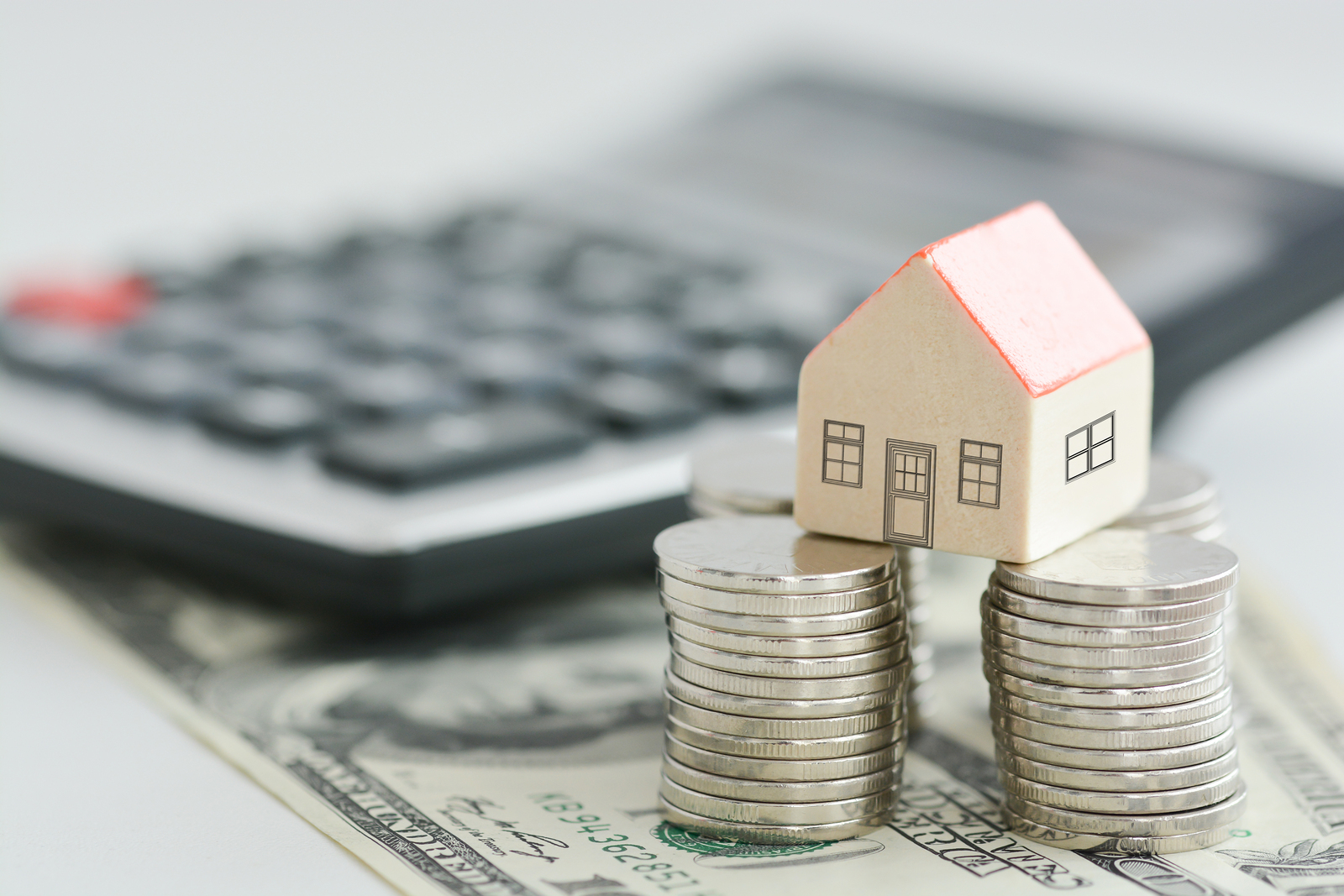Have you ever lived in a neighborhood where one of the homes for sale seems to sit for an especially long time with fewer and fewer people viewing it?
It’s a nice enough home, right? Lots of curb appeal and you’ve seen the interior and it’s delightful.
So, why isn’t it selling?
In a word?
Overpriced
Even worse, if it was originally overpriced and has experienced a series of price reductions, the home is stigmatized.
What this means is that homebuyers think that there is something wrong with the home and most of them won’t even bother to look at it.
So, if you’re considering selling your home and want to “experiment” with pricing, beware of these 3 common home pricing mistakes.
1. Pricing too high out of the gate
It’s common knowledge in the real estate industry that overpriced homes take longer to sell.
Now, don’t take that to mean that eventually you’ll get your price, because if you’re overpriced, you won’t
In fact, plan on making 5 percent less than your listing price if the home sits on the market for two months with no offers.
At today’s national average home price, 5 percent represents more than $14,000. Unless you overpriced the house by that much, that’s a loss that has to hurt.
But, this is even worse
According to a March 2012 study performed by MIT’s Center for eBusiness, homes that remained on the market substantially longer than average suffered a $32,000 reduction in the eventual sales price.
If this isn’t enough to show you the importance of pricing the home appropriately when it goes on the market, I don’t know what is.
The first lesson in pricing real estate is, that to realize the most money you can from the sale of your home, price it right.
2. Relying on online home price estimates
Admit it, you’ve checked your home’s Zestimate at Zillow.com, right?
Unfortunately, many homeowners do just that and don’t understand that there is simply no way anyone can make an accurate estimate of market value without having seen the home.
Furthermore, since sites such as this don’t have access to all of the MLS listings and, most significantly, the sold listings (which is what market value is based on), their algorithm is faulty.
The company admits that their “median error rate” is about 8 percent, according to Kenneth R. Harney in the L.A. Times.
Harney goes on to remind us that 8 percent is the national error rate and, because all real estate is local, the rate varies by region. “In Somerset County, Md., the rate is an astounding 42%,” he continues.
Never rely on a website’s estimate of your home’s value
The only way to truly know how much your home is worth is to have it professionally appraised. The second best way is to ask a real estate agent to compile a comparative market analysis (CMA).
Since agents use many of the same techniques as appraisers, they typically match or come quite close to the appraised value of a home.
3. Basing your price on your neighbor’s asking price
When you consider putting your house on the market, it’s only natural to want to know what your neighbors are asking for their homes.
Keep in mind, however, that this figure represents what your neighbor hopes to get for his or her home, not its actual market value.
The true market value of a home is based on what buyers actually paid for nearby homes, similar to yours.
I like to think of list price as “fantasyland” and sales price as reality
To that end, I try to dissuade my home-selling clients from basing the price of their home on some pie-in-the-sky figure that may not reflect reality.
Determining the value of a home includes far more than checking sales prices. I am happy to show you – at no obligation — what I do to determine the current value of homes and to provide you, free of charge, an analysis of your home’s value. Call me any time.





